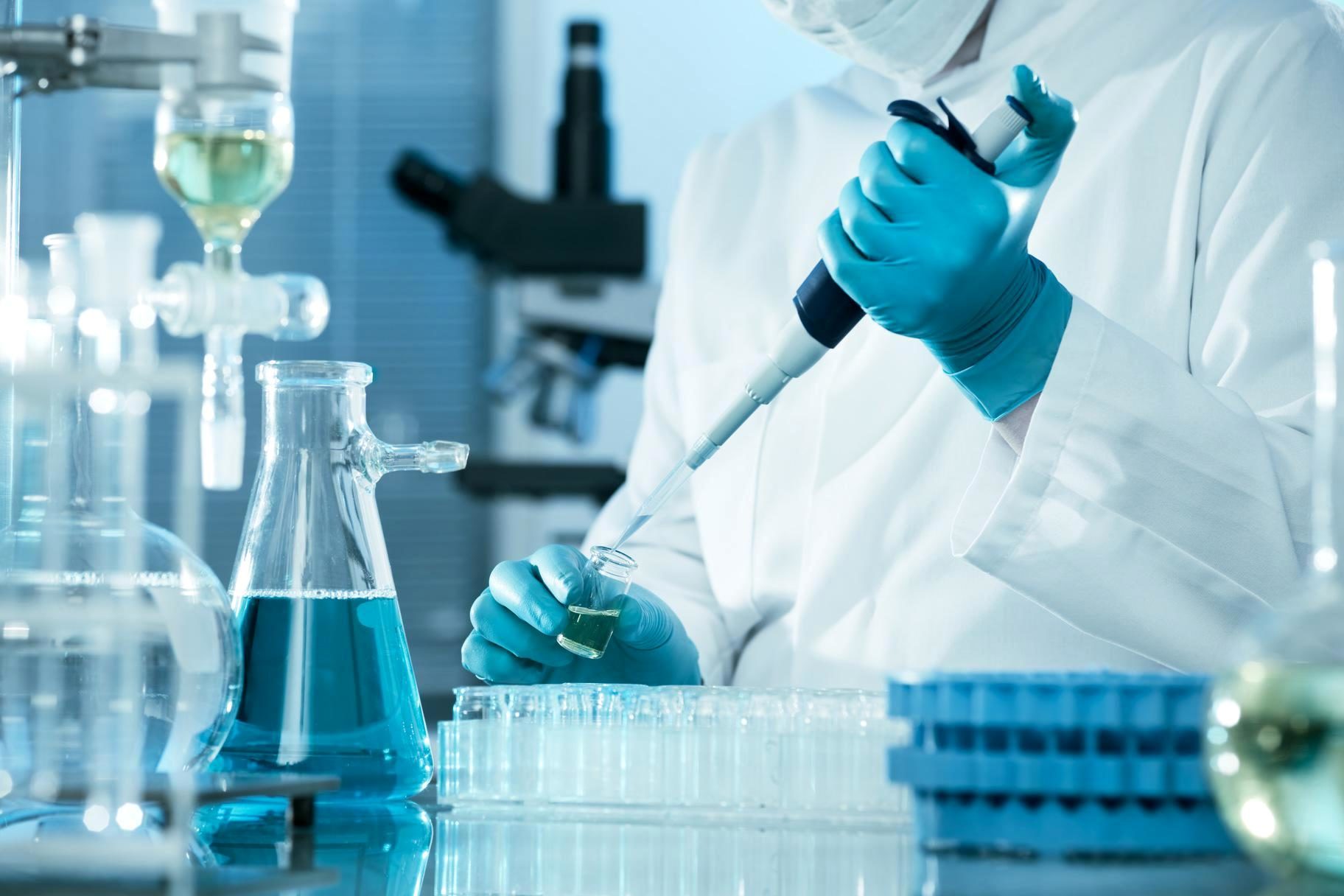Chemical Safety Testing
In the automotive sector, ensuring chemical safety is paramount due to the wide range of materials and compounds used in vehicle manufacturing. Automotive testing laboratories play a critical role in assessing the safety and compatibility of chemicals across various components such as fuel systems, lubricants, adhesives, coatings, and other materials that come into contact with humans or the environment.
Chemical safety testing is essential to prevent adverse health effects from exposure to hazardous substances. This service ensures compliance with international standards and regulations, thereby protecting both workers and consumers. The tests cover a broad spectrum of chemical properties including flammability, corrosivity, toxicity, and environmental impact.
The process starts with a thorough understanding of the chemicals involved in the automotive components under test. Specimen preparation is critical; it involves isolating specific elements from the larger component to ensure accurate results. The testing apparatus used varies depending on the type of chemical property being evaluated. For instance, flammability tests use specialized chambers designed to simulate real-world scenarios.
One key aspect of this service is the reporting phase where detailed data is compiled and presented in a manner that facilitates informed decision-making. Compliance officers rely on these reports to ensure their products meet stringent standards set by regulatory bodies like the European Union's REACH or OSHA in the United States.
| Applied Standards | Description |
|---|---|
| ISO 16733:2008 | Automotive fuel systems – Determination of flammability characteristics |
| ASTM D92-14 | Determination of the flash and fire points by Cleveland open cup method |
The choice of test depends on the specific chemical being evaluated. For example, corrosivity tests may involve exposing samples to acid or base solutions for extended periods to observe any degradation. Similarly, toxicity assessments could require in-vitro testing using cell cultures.
- Flammability tests: Measure how easily a substance ignites and burns.
- Toxicity tests: Determine the level of harm a chemical can cause if ingested or inhaled.
The results from these tests are crucial for quality managers who need to ensure that their products comply with all relevant regulations. R&D engineers use this information to modify formulations and improve product safety. Procurement teams also benefit as they can select suppliers based on the reliability of chemical testing.
| Applied Standards | Description |
|---|---|
| EN 14925:2013 | Surface coating systems for automobiles – Determination of resistance to water and chemical agents |
| IEC 60601-1-8 | Determination of biological evaluation data for electrical equipment intended for use in contact with the human body or in the vicinity thereof |
In summary, chemical safety testing is an indispensable part of automotive development and manufacturing processes. It not only ensures compliance but also enhances product reliability and consumer trust.
Applied Standards
| Applied Standards | Description |
|---|---|
| ISO 16733:2008 | Automotive fuel systems – Determination of flammability characteristics |
| ASTM D92-14 | Determination of the flash and fire points by Cleveland open cup method |
| EN 14925:2013 | Surface coating systems for automobiles – Determination of resistance to water and chemical agents |
| IEC 60601-1-8 | Determination of biological evaluation data for electrical equipment intended for use in contact with the human body or in the vicinity thereof |
The choice of applied standards is crucial to ensure accurate and reliable testing results. These standards provide a framework that laboratories must follow when conducting chemical safety tests.
Why Choose This Test
- Promotes compliance with international regulations such as REACH, OSHA, and EU directives.
- Ensures product safety by identifying potential hazards early in the development process.
- Provides robust data for decision-making processes related to chemical selection.
- Simplifies regulatory compliance through consistent testing protocols.
These tests are essential for maintaining a high standard of quality and reliability in automotive production. They help manufacturers identify risks associated with their materials and take necessary steps to mitigate them.
Customer Impact and Satisfaction
- Increased confidence among consumers regarding the safety of automotive products.
- Enhanced reputation for companies adhering to strict chemical safety testing protocols.
- Better resource allocation within organizations due to informed decision-making processes.
- Cost savings through early identification of issues during development phases rather than post-launch.
Customer satisfaction is directly linked to the quality and reliability of automotive products. By investing in comprehensive chemical safety testing, companies can build stronger relationships with their customers and stakeholders.





